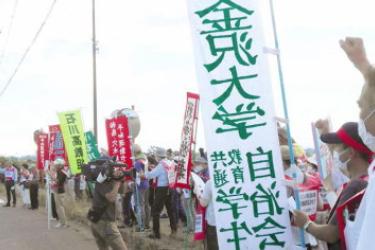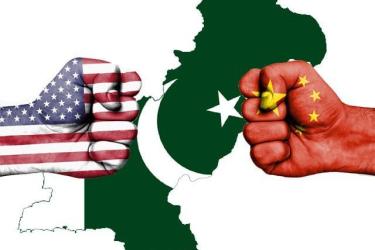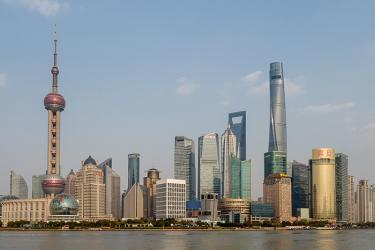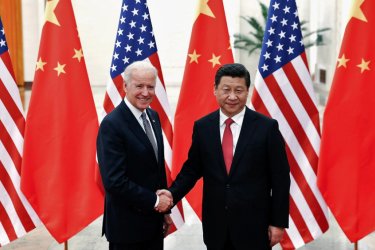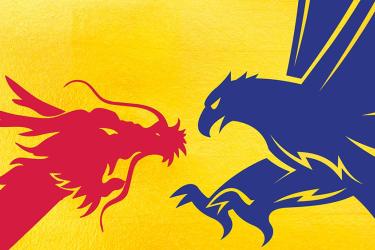China
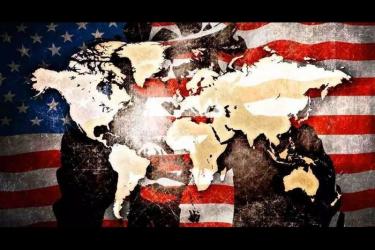
Geopolitics, the imperial system and socialist anti-imperialism: Interview with Claudio Katz
Claudio Katz talks about the need to avoid looking at imperialism in purely economic terms, the rise of what he terms an “imperial system” and the complexities of anti-imperialism in the 21st century.
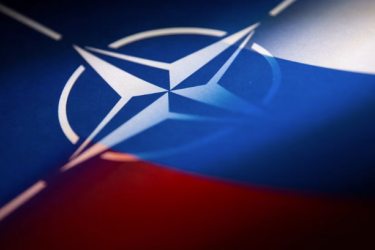
Russia, NATO and inter-imperialist rivalry
Chris Slee — Dave Holmes argues “Russia is most decidedly defending itself from an existential threat from the US-NATO bloc” while approvingly quoting Scott Ritter’s assertions that “NATO is a paper tiger”. So which is it?
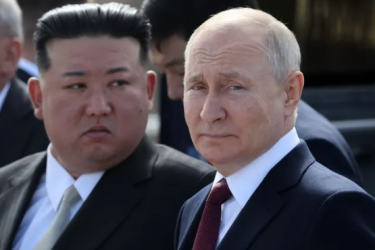
Russian-North Korea summit: Fruitless 'joint struggle' between nuclear states
Karen Yamanaka — Putin has recently taken hostile military actions against neighbouring countries in the Far East and has strengthened military ties with North Korea. China, on the other hand, has watched the recent Russian-North Korean rapprochement with mixed feelings.
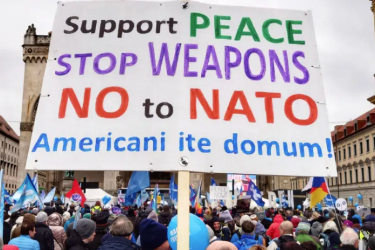
European Left leaders on Ukraine: Not even a hint of solidarity
Murray Smith — Throughout history, solidarity has helped achieve the only possible acceptable peace — one guaranteeing defeat of the aggressor and the victim to live free of the threat of renewed assault. That must be the goal of the European Left in relation to Ukraine.
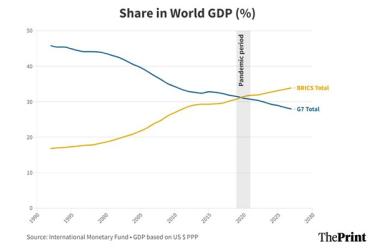
Imperialism, the Long Depression and the BRICS illusion: Interview with Michael Roberts
Michael Roberts talks about the realities of imperialism today and how much — or, rather, how little — has changed since Vladimir Lenin wrote his book on the subject.
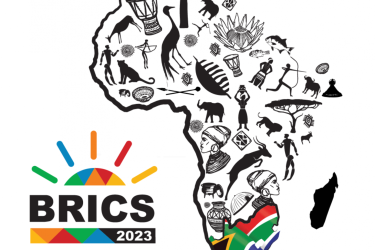
BRICS+ emerge from Johannesburg humbled as sub- (not anti- or inter-) imperialists
Patrick Bond — The BRICS summit in Johannesburg concluded on August 24 after a major disappointment: the long-overdue challenge to U.S. dollar hegemony was stillborn due to the bloc’s conservative forces.
